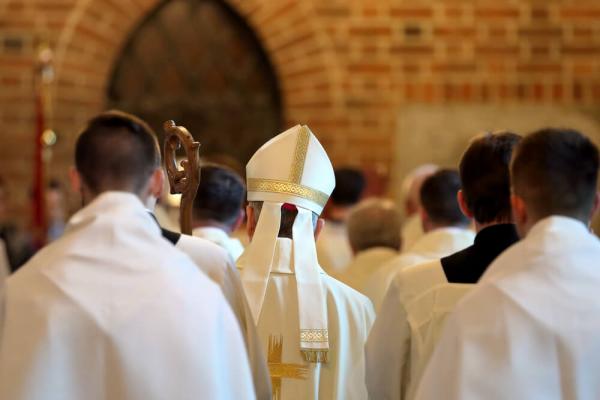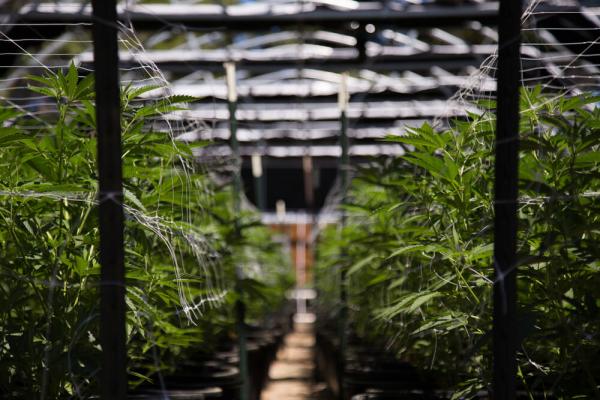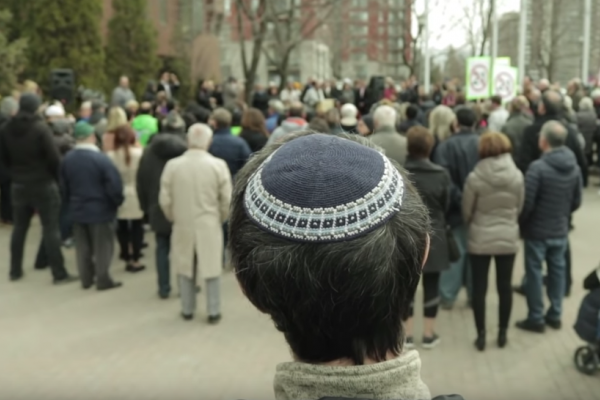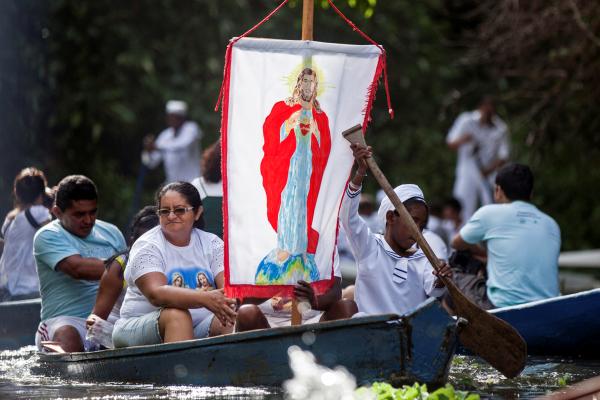I remember the first mission trip that I went on. My youth group spent a week in New Orleans helping a local missionary group run a Vacation Bible School for neighborhood kids. Our objective, we were told, was simple: bring Jesus to a place where he was desperately needed but was often rejected. The implication that I drew, at 15 years old, was that the poverty and the street-side memorials for victims of gun violence I was seeing, and the seeming absence of almost any man over 30, existed because this community had rejected Jesus. If only Jesus were in their hearts, everything would be different.
"The reactions are full spectrum from shock to upset to being angry, but not angry at what I'm doing, angry at the stark fact that this could be a reality," the artist, who does not reveal his real name, said in an interview on Monday.
The bishops hope that these new policies will prove powerful and effective in nationalizing and systematizing structures already in place. Advocates don’t trust the Church, especially when there is no required lay involvement in the reporting process.
Unless the money that will be made from marijuana’s federal legalization is used for robust community reinvestment in affected residential communities across America, it fails the moral litmus test of social justice and pumps oxygen into racial wealth disparities. Without this reinvestment, America will once again be blowing smoke into the face of those who have historically been most victimized by the criminalization of marijuana. The abovementioned federal legalization proposal includes the development of a community reinvestment fund to specifically benefit communities most ravished by the marijuana ban, and the decades-long failed war on drugs. The architects of the bill outlined some potential funding areas: job training, post-incarceration and expungement services, public libraries and community centers, youth programming, and health education.
The CAQ is using its majority status in Parliament to concretize the secularization of Quebec, a process that began in the 1960s through the “Quiet Revolution” when the Quebec government began separating its institutions from the leadership of the Catholic Church. In the last decade, various Quebec political parties, including the Liberals, have made several legislative attempts to address state neutrality that have either been delayed in the courts or have failed because of public dissent.
The document also issues a strong defense for the protection of the environment in the Amazon, deforestation, illegal mining, and development projects that threaten native cultures and the delicate ecosystem vital for the planet.
White violence in all forms must be named, particularly white, male violence.
Our new look, changes in the SBC, the real meaning of identity, hope for the long haul work of justice, and more in the Weekly Wrap.








